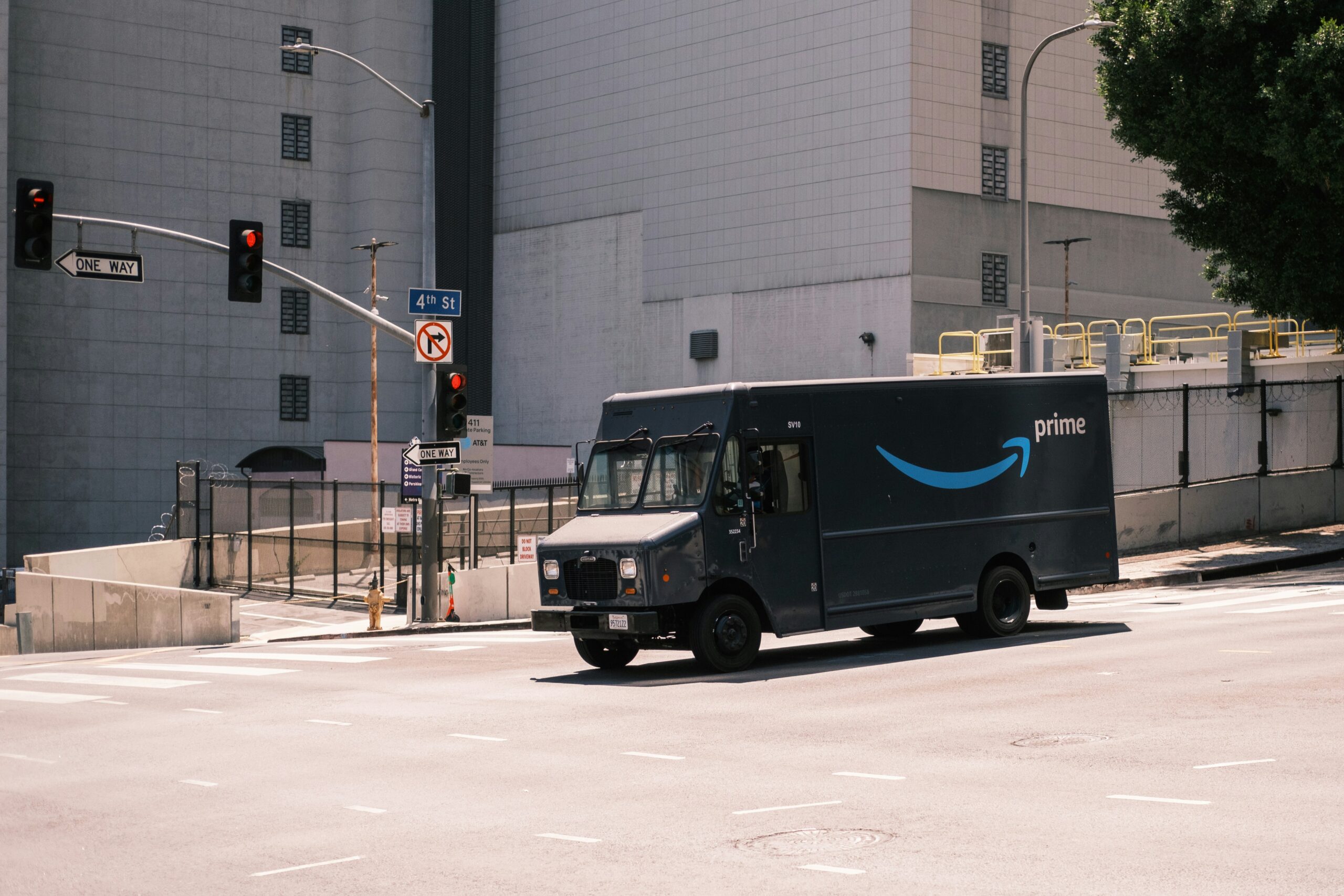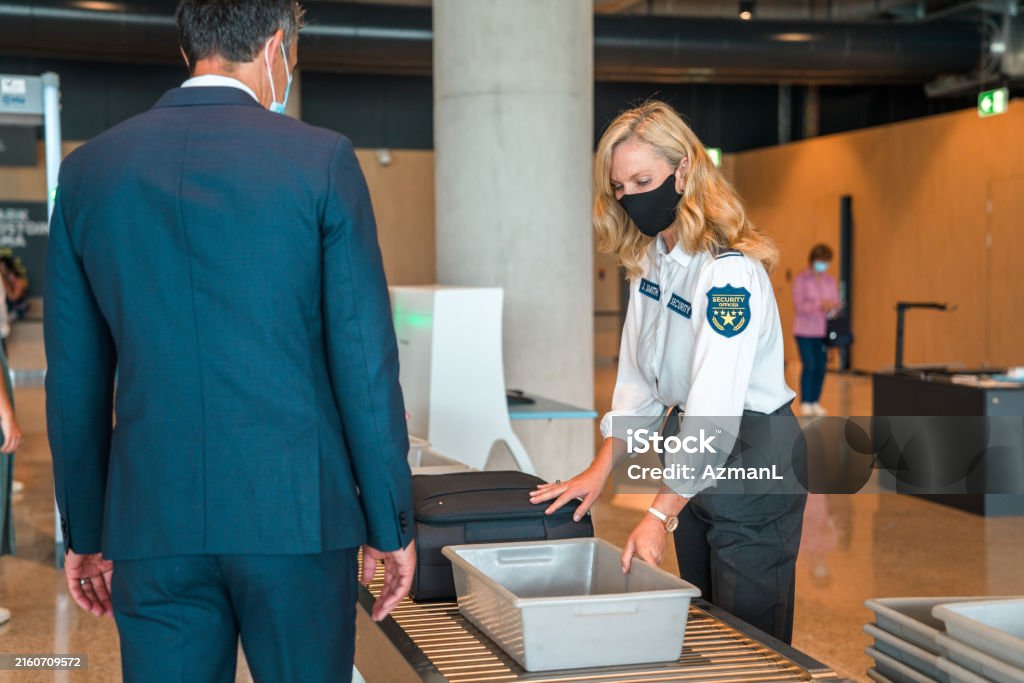How Amazon Drivers Are Becoming America’s Unexpected First Responders

Your Next Life-Saver Might Be Wearing an Amazon Vest
Imagine collapsing from cardiac arrest—only for an Amazon delivery driver to be the first to respond with a defibrillator. This scenario could soon become reality, thanks to Project Pulse, Amazon’s initiative to turn its 300,000+ drivers into a decentralized emergency response network.
Here’s how Amazon is leveraging its logistics dominance for public good—and why it could rewrite the rules of emergency care.
Project Pulse: How It Works
✅ AEDs in Delivery Vans
- Defibrillators installed in select Prime vans since 2023 pilot
- Devices sync with Amazon’s routing software for emergency detours
✅ CPR-Trained Drivers
- Voluntary training for drivers (4-hour certification)
- “Good Samaritan” legal protection provided by Amazon
✅ 911 Integration (Future Phase)
- Dispatchers could alert nearby Amazon vans before ambulances arrive
- Potential to cut urban response times from 8 minutes to <3
Why This Could Be a Game-Changer
The Math of Survival
- 475,000 Americans suffer cardiac arrests annually (AHA)
- 90% die without immediate CPR/AED intervention
- Amazon vans cover ~85% of U.S. households weekly—denser than EMS stations
Corporate Synergies
- Amazon Pharmacy deliveries already include medical supplies
- Alexa Emergency Assist could someday trigger driver alerts
- Prime Air drones might eventually deliver AEDs to rural areas
Case Study: UPS’s Success Story
Amazon isn’t the first to try this:
- UPS has equipped drivers with AEDs since 2018
- 29 lives saved as of 2024 (per UPS corporate reports)
- Key difference: Amazon’s AI-powered routing could enable faster responses
Controversies & Challenges
🚑 Liability Risks
- What if a driver makes an error during CPR?
- Amazon’s legal team insists Good Samaritan laws apply
🤖 Privacy Concerns
- Should Amazon know your medical emergency locations?
- Company claims data would be anonymized and encrypted
💼 Labor Questions
- Will drivers get hazard pay for medical duties?
- Current program is voluntary with bonus incentives
The Bigger Picture: Amazon’s Healthcare Endgame
This isn’t just altruism—it’s strategic:
- Regulatory Goodwill
- Counters antitrust scrutiny with life-saving PR
- Data Advantage
- Real-time health incident mapping could inform future Amazon Clinic locations
- Last-Mile Dominance
- Cements Amazon as essential infrastructure (like utilities)
What’s Next?
- 2024: Pilot expansion to 15 major metros
- 2025: Potential Alexa/911 integration
- Long-Term: Drones delivering epinephrine, naloxone
Zuckerberg-Level Ambition: Bezos once said Amazon should “save lives more efficiently than government.” This might be how.
Final Thought
Forget two-day shipping—Amazon’s real innovation could be two-minute emergency response. Whether this becomes a corporate responsibility blueprint or a dystopian surveillance overreach depends on execution.
Would you trust an Amazon driver with your life? Debate below.






